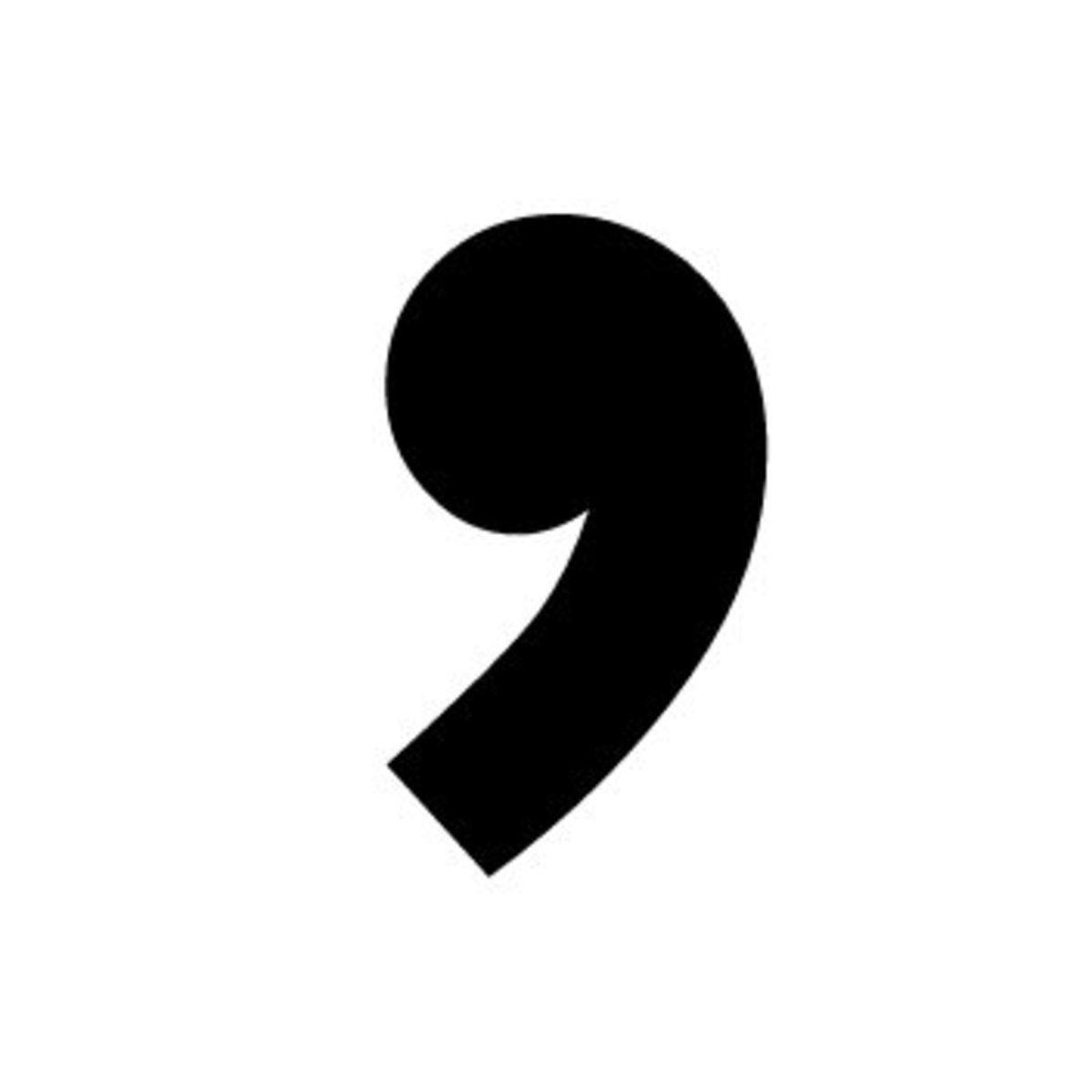- HubPages»
- Books, Literature, and Writing»
- Commercial & Creative Writing»
- Word Usage & Grammar
Spoken English - Disturbing Errors

Introduction
This is a short discourse highlighting the deterioration in the quality of the English language as it is spoken today. We need to be aware of the glaring errors which are destroying our wonderful language. Some of the more disturbing ones will now be addressed.
1. Sit
I find the misuse of the verb to "sit" especially infuriating. English verbs normally have two forms to determine the present tense. These signify the finite present and the ongoing present - in this case - sit and sitting.
a) "We sit down because we are tired".
b) "We are sitting down because we are tired" - NOT "We are sat down"...
The problem arises even more often when the ongoing present is put into the past:
"We were sitting down because we were tired" - NOT "We were sat down"...
2.Like
We shall consider a point of grammar which seems to have become almost universally accepted in spite of clearly being incorrect. This is the lazy use of "like" instead of "as though". Predominantly used after the verbs "look" or "seem", like is wrong - as though is right (or as if is also acceptable).
"It looks as though he's not coming" - NOT "It looks like he's not coming".
The rule is that "like" should be followed by a noun but not to introduce a verbal clause.
"He plays like an expert" - or
"He plays as though he's an expert" - but NOT "He plays like he's an expert".
Sadly, many supposedly educated people no longer make this distinction.
3. Is and are
The verb to "be" is the most basic English verb and yet it suffers constant abuse.
"Is" denotes the singular, "are" the plural.
"There is one person on that bus". Any more than one and "are" should be used.
"There are four people on that bus". But "There is four"... is often heard. Awful!
4. I and me
"I" is the subject, "me" the object. Starting a sentence with the object form is wrong.
"Me and my mother took him for a walk" is wrong on two counts. "Me and my mother" are the subjects and "him for a walk" is the object (or, more correctly, the objectival phrase). The subject pronoun is "I" so this should replace "Me" in the example sentence. It is also polite - and usually right - to put oneself after others in most instances. Therefore, the correct version is:
"My mother and I took him for a walk". Or the reverse would be:
"He took my mother and me for a walk".
5. Unique
Unique is an adjective which means "only one of its kind". Something is either unique or not unique. It is an absolute state and so cannot be qualified. A thing cannot be "quite unique" or "nearly unique" or "absolutely unique".
6. Rubbish
"Rubbish" is a noun - NOT an adjective. How often does one hear a supporter say after a disappointing match: "We were rubbish" or, worse still, "We was rubbish"! This is terrible English and yet the use of "rubbish" as an adjective has become so widespread in colloquial English that it appears to have become legitimised, even being quoted as acceptable in some dictionaries. Deplorable!
7. Good or well
The everyday question "How are you?" very often gets the absurd answer "I'm good, thanks".This can surely only mean that the person is not "bad" or "naughty". And yet, in this context, it is now very commonly understood to have the same meaning as "well". In which case - say well! Or fine. I suppose one has to accept that "good" here is the modern short form for "I'm in a good state of health".
8. To
"To" can be an essential preposition and yet, in some cases, is being ignored, especially here: "He's gone down the pub". Amusing perhaps but horrible English! Please - "He's gone down to the pub" or simply "He's gone to the pub" (unless he really is descending to the pub).
Certain words need to be followed by particular prepositions. "Similar" should be followed by "to" but "different" is followed by "from" - NOT "than" or "to". "Compare" requires "with" - NOT "to". Composed requires "of" but "comprised" does not. "Comprised" should never be followed by "of"!
"The group was composed of five boys and two girls" (correct).
"The group comprised five boys and two girls" (equally correct).
"The group was comprised of five boys and two girls" (horribly wrong!).
Conclusion
This discourse should have raised awareness of some of the dreadful English often heard today. Treasure our lovely language and cut out these basic errors so that we can truly appreciate correctly articulated English.







